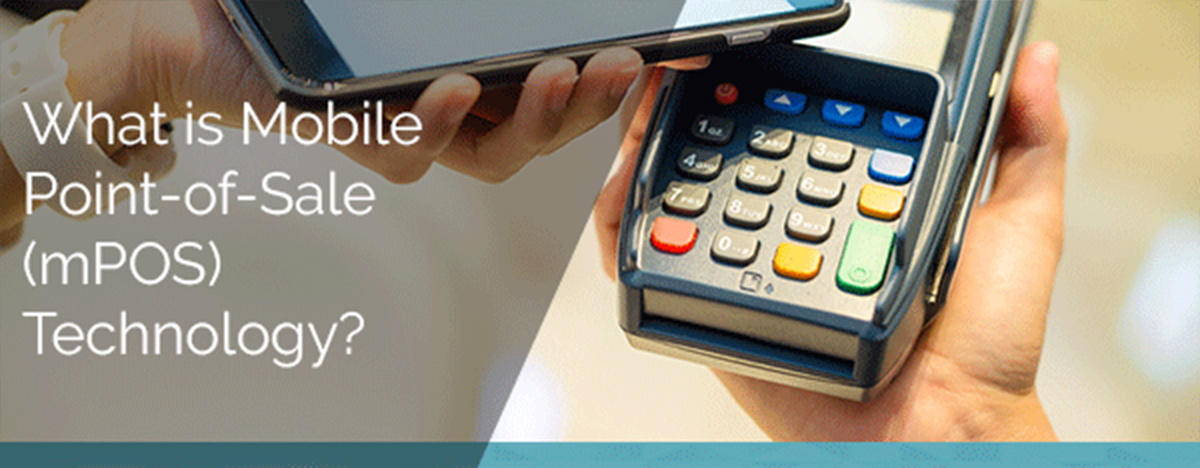[av_image src=’http://home.ncourt.com/wp-content/uploads/2017/05/pos-mobile.jpg’ attachment=’3608′ attachment_size=’full’ align=’center’ styling=” hover=” link=” target=” caption=” font_size=” appearance=” overlay_opacity=’0.4′ overlay_color=’#000000′ overlay_text_color=’#ffffff’ animation=’no-animation’ custom_class=”][/av_image]
[av_image src=’http://home.ncourt.com/wp-content/uploads/2017/03/mobile-point-of-sale-3.jpg’ attachment=’3011′ attachment_size=’full’ align=’center’ styling=” hover=” link=” target=” caption=” font_size=” appearance=” overlay_opacity=’0.4′ overlay_color=’#000000′ overlay_text_color=’#ffffff’ animation=’no-animation’ custom_class=”][/av_image]
[av_textblock size=” font_color=” color=” custom_class=”]
Mobile point-of-sale (mPOS) technology enables payment through online, tablet, and mobile phone avenues and it is growing in popularity by the moment. Basically, with an mPOS app installed, this technology makes a wireless device act as a cash register or electronic point-of-sale terminal. The app is linked to the users’ credit card or bank account, and the business or organization taking payment simply uses a digital reader to conduct the whole transaction. So instead of carrying a wallet and checkbook and going through a manual payment process, mPOS simplifies payment by using whatever wireless device works best for the user.
A report from Global Market Insights reveals the current widespread adoption of mPOS technology as well as its bright future. According to the report, mPOS terminals will have a compound annual growth rate of more than 19% from 2016 through 2023. At this rate, payment via wireless technology will quickly become the norm from industries ranging from healthcare to grocery shopping.
Mobility Equates to Convenience for Courts and Citizens Alike
Enabling citizens to make payments via mPOS terminals is a win-win for both courts and payees. The convenience of mobility offers the following benefits to courts and citizens alike:
- Reduces overhead costs
- Makes it convenient and easy to make payments
- Increases productivity and simplifies the process of those taking payments
- Eliminates the time delay of payment processing
How mPOS Increases Value
mPOS technology is quickly and continually evolving. As such, current mPOS terminals provide additional value to judiciary systems and the citizens they serve. These developments are making it even easier for citizens to make payments wherever and whenever it’s convenient, saving time and effort for courts. The reality is, it’s become critical for all service providers (including the courts) to keep a pulse on technology. Although there are—and always will be—other payment options available, mPOS has proven to be the preferred payment option for everything from hamburgers to doctor’s visits. As such, courts need to ensure their technology can interface with citizens’ mobile payment preferences. As this technology becomes more available to cash paying citizens, courts should be focused on making mPOS a viable form of payment before the market opens—not after. Early adoption and staying ahead of the curve ensures public trust and positive opinion and eases the processing burden on courts.
Omni-Channel Payments are the Optimal Option
The rapid widespread adoption of mPOS highlights the importance of omnichannel payments. With nCourt, you can offer citizens’ multiple payment options, including online, phone, or at the counter in your offices. Our innovative payment solutions offer citizens the ability to pay for traffic citations, parking tickets, restitution, court fines and fees, probation, and more using a major credit or debit card and with no processing costs to you. In fact, citizens can pay using any mobile device, including smartphones and tablets. Simply request your free payment processing demo and we will be happy to provide an overview!
[/av_textblock]
[av_social_share title=’Share this entry’ style=’minimal’ buttons=” custom_class=”]













